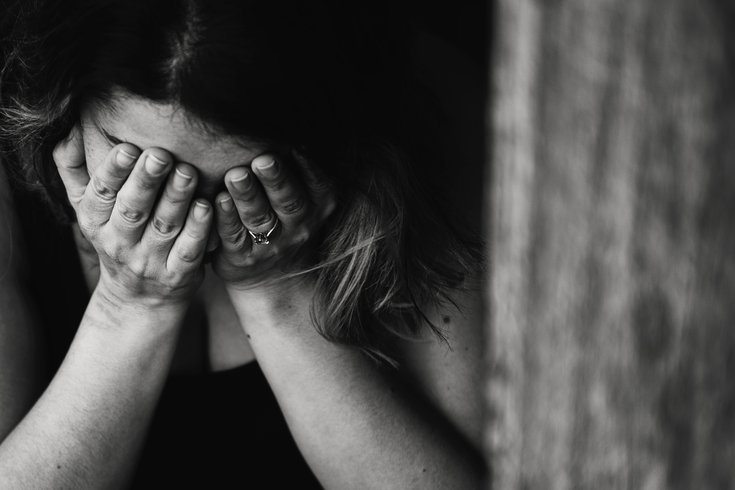
January 30, 2020
 Kat Jayne/Pexels
Kat Jayne/Pexels
The symptoms of post-traumatic stress disorder, a mental health condition that can result from a person experiencing a traumatic event, like war, can take years to present. Treatment typically involves psychotherapy and medication.
More than 8 million U.S. adults have post-traumatic stress disorder, a mental health condition that can result from from surviving or witnessing a traumatic event like an assault, murder or natural disaster.
Not every trauma survivor or war veteran experiences PTSD, but for those who do, it can be very debilitating.Common PTSD symptoms include flashbacks, nightmares, negative thoughts and extreme anxiety. These symptoms often are so severe that they affect day-to-day functioning and relationships.
According to the Mayo Clinic, there are four types of PTSD symptoms: intrusive memories, avoidance, negative thinking and changes in physical, emotional and behavioral reactions.
Intrusive memories include flashbacks, nightmares and severe distress following any reminder of the traumatic event. Avoidance includes not thinking or talking about what happened, but also avoiding people or places that trigger those memories.
People with PTSD may feel emotionally numb and have gaps in their memories, especially in regarding the traumatic event. They also may experience depressive thoughts and distance themselves from loved ones.
Changes in reactions can include exhibiting aggressive behavior, becoming easily startled or frightened and behaving in self-destructive ways like drinking too much or doing drugs. Some people will feel guilt and shame.
Children may act out the traumatic experience during play or have frightening dreams that may not be specifically about the event. They also may regress in potty training or be especially clingy with a loved one.
Women are twice as likely as men to develop PTSD, according to the American Psychiatry Association. Having very little support during and after the event, or dealing with additional stressors can increase risk. So can experiencing multiple traumas.
If you think you or someone you know may have PTSD, schedule an evaluation with a psychiatrist or psychologist.
Both medications – usually antidepressants – and psychotherapy can be used to treat PTSD symptoms, according to the Mayo Clinic. Psychotherapy, conducted one-on-one or in groups, can help people better recognize the symptoms that trigger their PTSD and help them learn how to better manage their symptoms.
Cognitive Behavioral Therapy, in particular, can helps people not only face and control their fears, but also make sense of what happened to them.